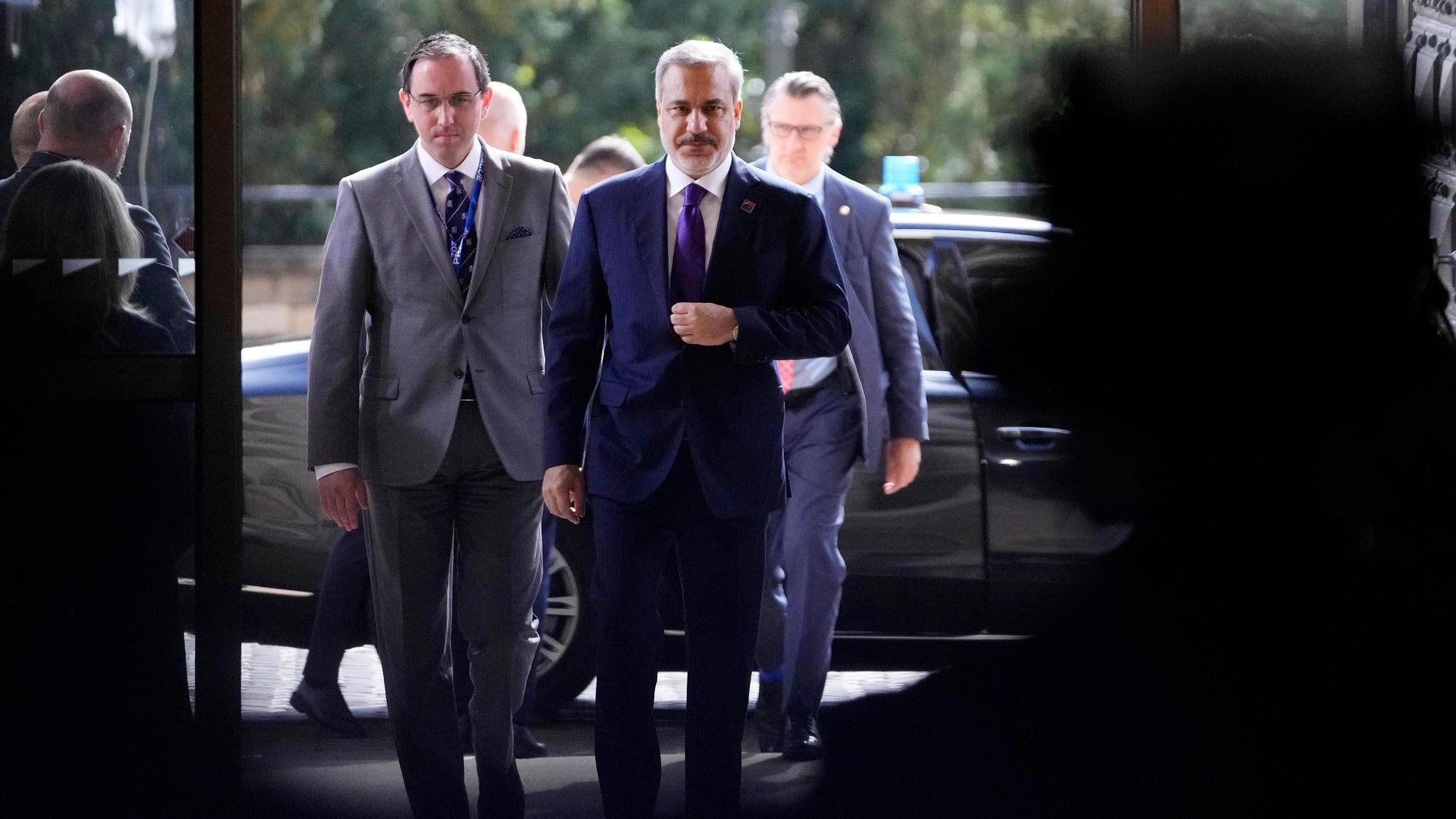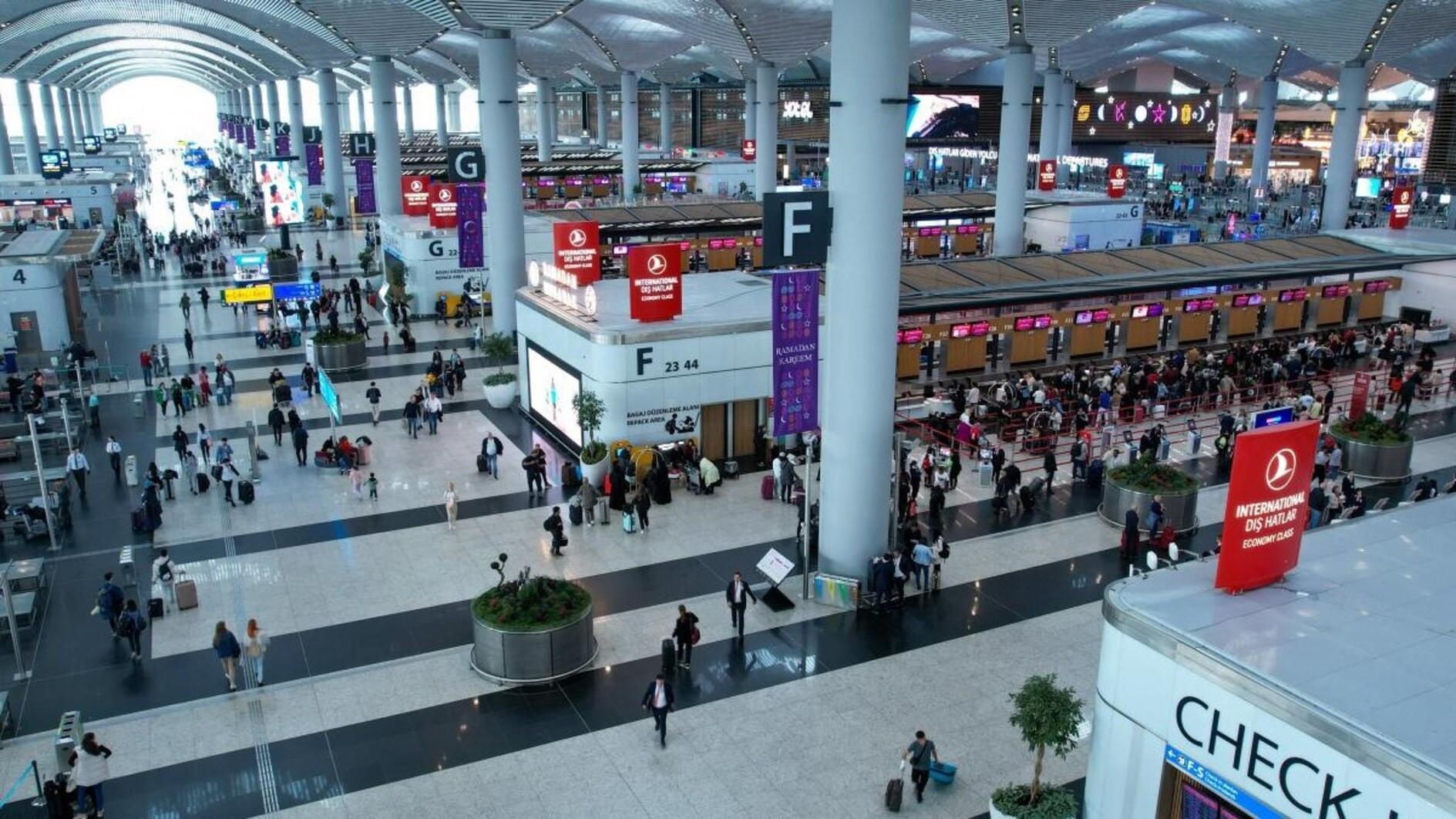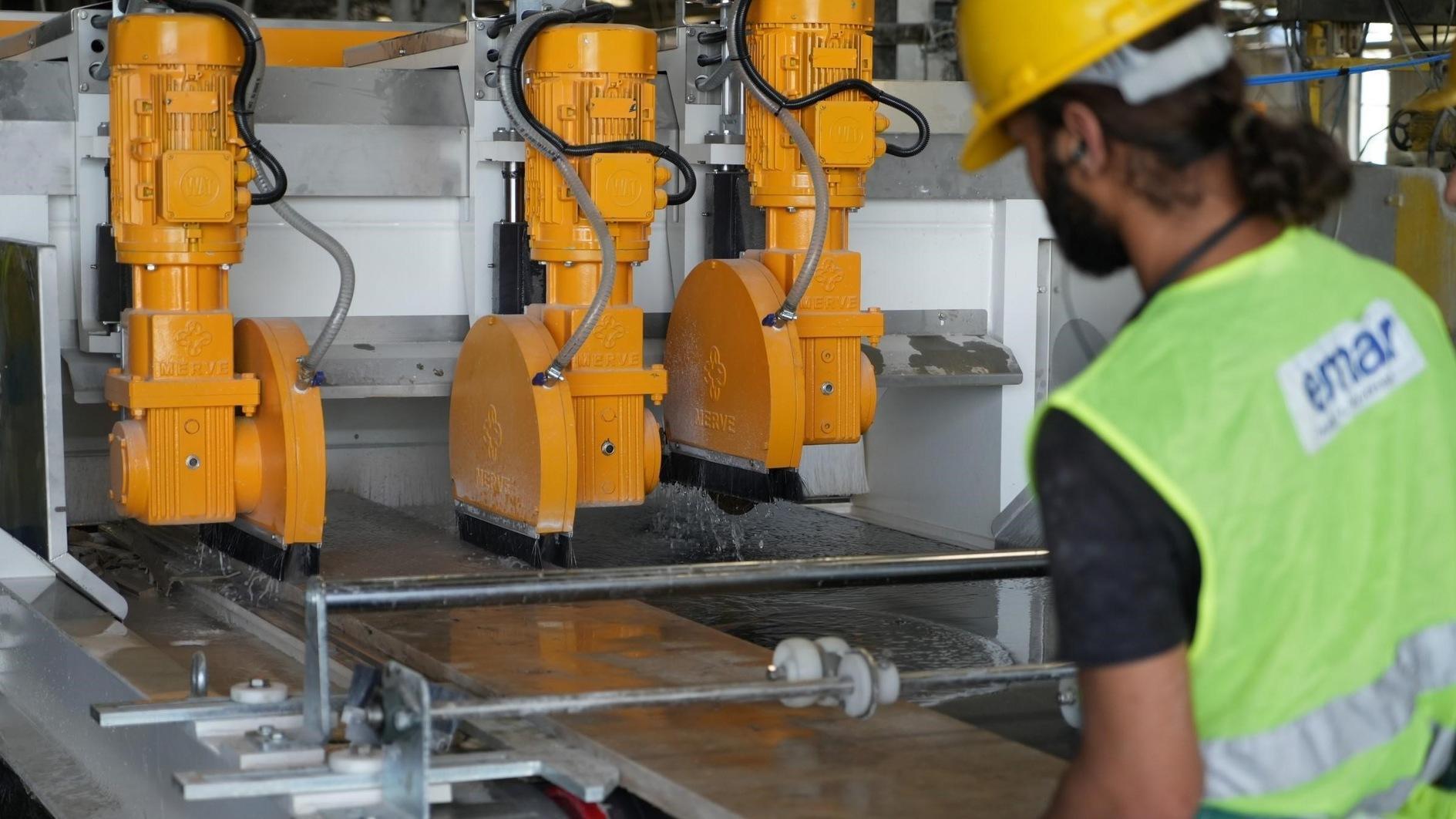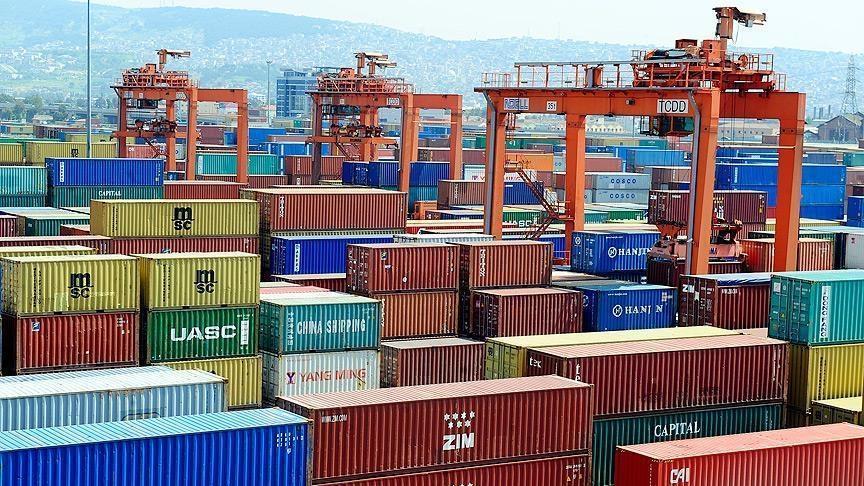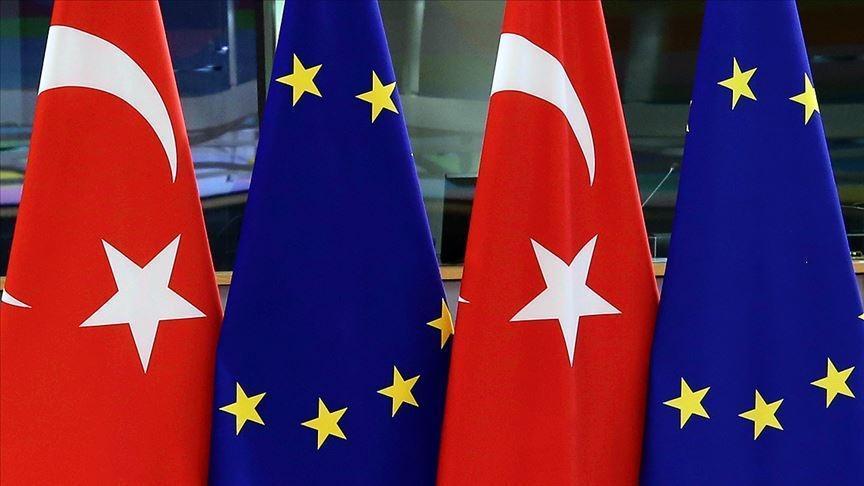Davutoğlu on the eve of critical decisions under Erdoğan pressure
Prime Minister Ahmet Davutoğlu spent almost all of March 11 at the headquarters of his Justice and Development Party (AKP), attending meetings with his senior aides and AKP executives to discuss a wide range of domestic political issues.
Among many others, an attempt to lift the immunities of senior Kurdish-focused politicians, the ongoing anti-terror fight in the country’s southeast with just days left until the Nevruz festival and efforts to renew the constitution which would endorse the adoption of a presidential system constitute the three top issues Turkish politics is intensively engaged in.
The AKP government’s road map of these three issues will surely be very significant in terms of making a sound forecast on the future of Turkey and its political climate.
At the top of the list stands the summary of proceedings asking for the removal of the parliamentary immunities of five Peoples’ Democratic Party (HDP) deputies, including co-chairs Selahattin Demirtaş and Figen Yüksekdağ. The motion has been submitted to the parliament speaker amid growing calls from President Recep Tayyip Erdoğan to push ahead with the process.
Davutoğlu had told reporters that he was planning to evaluate this issue with Parliament Speaker İsmail Kahraman and, if need be, with other political parties after the budget talks. Parliament has now concluded budgetary talks but is set to recess at least for 10 days, which will give Davutoğlu some more time to handle the problem.
It’s no secret Davutoğlu and some of his fellows in the cabinet are not in favor of lifting the immunities of these HDP politicians, as they are concerned the move would further fuel the tension in the country. However, the pressure imposed by Erdoğan makes life difficult for Davutoğlu, who is now seeking a formula to overcome the problem. In any case, there will be no move until March 21, the beginning of the Nevruz celebrations.
The second issue is the shape the ongoing fight against terrorism will take with the coming of spring, which would provide better conditions for the outlawed Kurdistan Workers’ Party (PKK) to stage more and bloodier terrorist attacks. A car bomb attack on Feb. 17 in Ankara has been regarded as a sign of a new PKK tactic to spread its terrorism to big Western cities, including Istanbul and touristic resorts. Security forces have announced the conclusion of their operations in southeastern Sur, Cizre and Silopi but preparations are underway for fresh military mobility in the Yüksekova district of southeastern Hakkari, as well as southeastern Şırnak and Nusaybin. Indications have proven that violence will continue throughout the country and escalation in political tension by lifting the immunities of HDP deputies will only fuel it.
The third contentious issue is the new constitution and the adoption of a presidential system. An inter-party commission established by Kahraman collapsed in its third meeting, after the four political parties could not agree on its fundamental principles and terms, particularly on whether it should bring about a presidential system or strengthen the current parliamentary system.
Under huge pressure from Erdoğan, who underlines at every opportunity that there should be no delay in starting a process to this end, Davutoğlu now has to find a way to navigate the work on the constitution. He is expected to discuss the issue with the parliament speaker in the coming days before announcing whether his AKP will unilaterally submit its constitutional draft or make another attempt to convince oppositional parties to return to the table.
With signs that Erdoğan will further increase his influence in government affairs and his pressure on key issues, Davutoğlu could find himself in a more difficult situation, which would bring about drastic consequences for Turkish politics.



